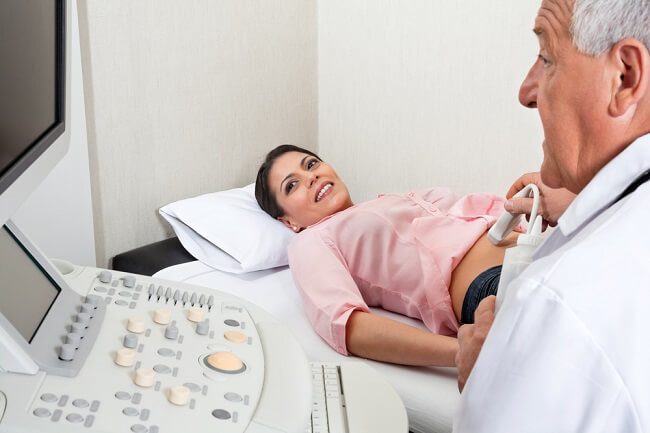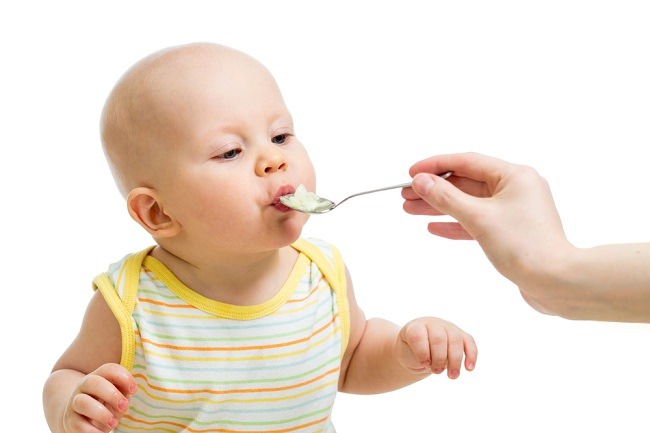Almost every couple has probably heard the advice not to delay pregnancy too long because age can affect a woman's fertility rate and chances of getting pregnant. Is this assumption correct?
Unfortunately, the notion that fertility rates decline with age is true. However, that doesn't mean you can't get pregnant at all. Chances of pregnancy still exist, especially if you continue to adopt a healthy lifestyle.

Female Fertility Conditions by Age
Basically, as long as your reproductive organs are healthy and can function normally, your chances of getting pregnant are still there. However, that does not mean you can be free to delay pregnancy, because the risk of miscarriage and various health problems during pregnancy will increase with age.
The following is an explanation regarding the probability of pregnancy based on a woman's age:
20s
According to reproductive health experts, the 20s is the right time to get pregnant because the quality of women's eggs at this age is generally still good.
Several studies have also shown that pregnant women in their 20s are at lower risk for pregnancy complications, such as high blood pressure or diabetes.
30s
A study revealed that the early 30s is the ideal age for women to become a mother. This may be because women at that age are generally more prepared mentally and financially. However, the chances of pregnancy seem to start to decline as women enter the age of 35.
In addition, the risk for miscarriage when a woman is pregnant in her 30s is also slightly increased. Therefore, you are advised to keep checking with your obstetrician when planning a pregnancy at that age.
40s
Women in their 40s generally will find it difficult to get pregnant considering the number and quality of the eggs produced have decreased significantly when compared to their previous age.
Not only is it more difficult to get pregnant, some pregnancy complications, such as high blood pressure, diabetes, and placental disorders, are also more at risk for women who are pregnant in their 40s. Women who become pregnant later in life are also at a higher risk of miscarriage.
Meanwhile, pregnancy at an advanced age can also have an impact on the fetus. Several studies have shown that babies born to mothers over the age of 40 are at higher risk of being born with low birth weight and certain health problems, such as down syndrome.
Tips to Increase Fertility
If you and your partner are determined to plan a pregnancy, there are several ways you can increase your chances of getting pregnant, including:
1. Have sex regularly
Try to have sex about 2-3 times a week without using a condom. Women aged 20 to 30 are advised to consult a gynecologist, if they have had regular sex for 1 year, but have not shown signs of pregnancy.
Meanwhile, women over the age of 35 also need to see a gynecologist if they have not had a baby even though they have been planning a pregnancy for more than 6 months.
2. Regularly check with the doctor
Regular check-ups with a gynecologist are highly recommended for every woman who is planning a pregnancy. This is important so that doctors can detect whether women who are planning to become pregnant have health problems or factors that can reduce their chances of pregnancy.
To increase the chances of pregnancy, the doctor may also prescribe medications or pregnancy supplements and advise the patient and his partner to lead a healthy lifestyle.
3. Monitor fertility signs
The chances of pregnancy will be higher if you have sex during the fertile period. Therefore, note the date of menstruation and recognize signs of fertile period, such as changes in body temperature and cervical mucus. If you already know it, you and your partner can determine the right time to have sex.
Increasing age does not absolutely rule out the possibility of women getting pregnant. However, the longer you delay pregnancy, the lower your chances of getting pregnant will be. Pregnant at an old age is also feared to increase the risk of pregnancy complications.
Therefore, don't forget to consult with your obstetrician to check your health condition when you are planning to become pregnant. If you have successfully conceived, be sure to have regular prenatal checkups according to the doctor's advice.









